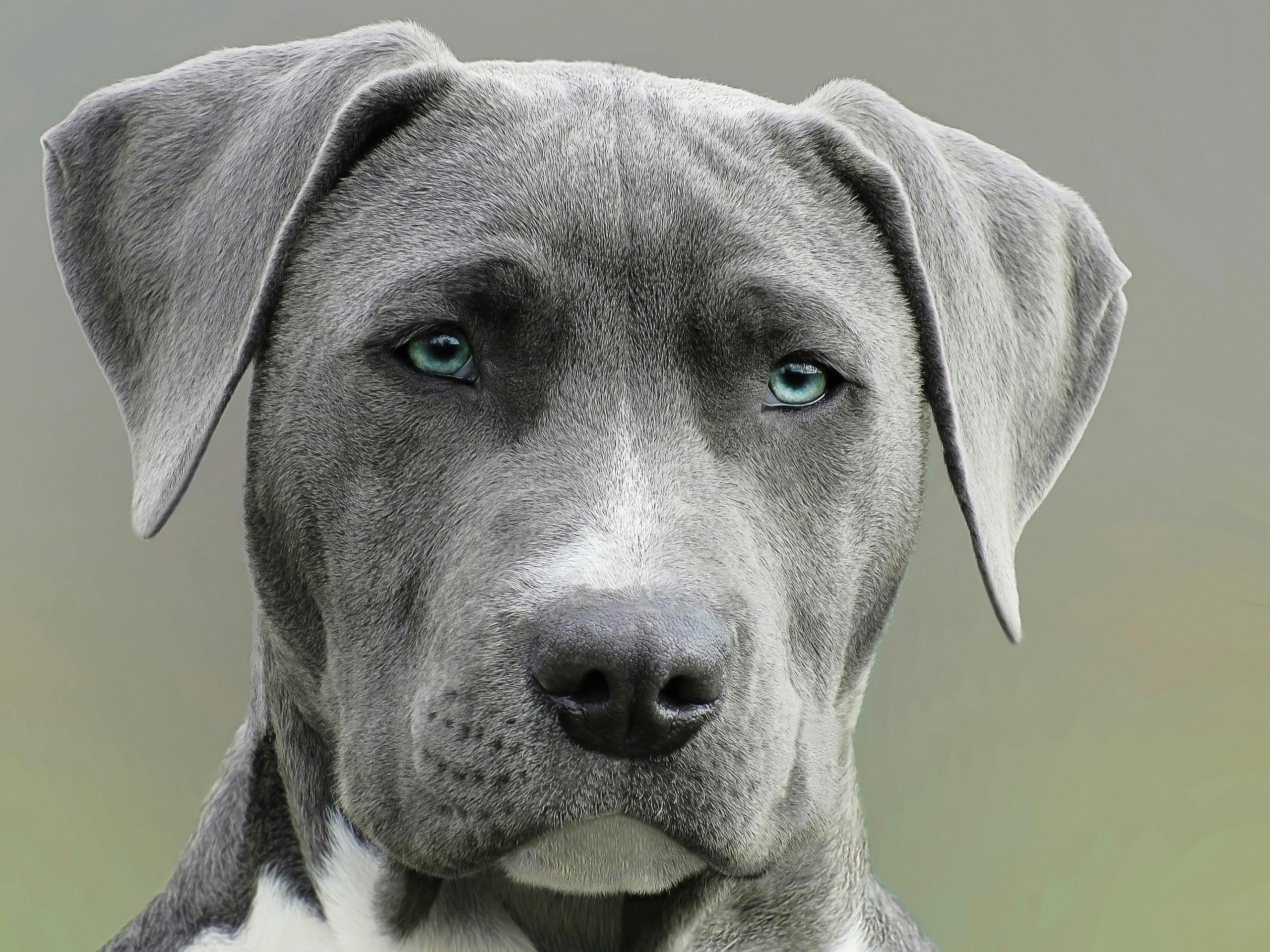Jacob Lloyd delves into the realities of working as an animal cruelty investigator, a job that combines covert operations, advocacy, and open-source intelligence. In this post, he reflects on the challenges, rewards, and common misconceptions of a career dedicated to exposing cruelty and driving change.
It’s a question I get asked more often than you might think: “Is that a real job?” I usually smile, take a moment, and respond with some variation of, “Yes, and it’s as real as the cruelty I’m working to expose.” That usually stops the conversation in its tracks, at least for a moment. But behind that question lies a deeper misunderstanding of the work that people like me—and many others—do every day.
I’m both blessed and cursed to do a job I love. Blessed because I wake up every day knowing I’m making a tangible difference in the lives of animals who can’t speak for themselves. Cursed because the work often takes me into the darkest corners of human behaviour—places most people wouldn’t dare to tread.
What Exactly Is It That I Do?
For those unfamiliar, my work involves investigating crimes against animals. These aren’t minor infractions; I’m talking about organised dog fighting, the brutal realities of the dog meat trade, wildlife trafficking, and a long list of other horrific acts. It’s a world that most people only glimpse in headlines, but for me, it’s a daily reality.
My role is multifaceted. One day I might be working covertly, gathering evidence that will lead to a raid and the rescue of animals in dire conditions. Another day, I’m collaborating with law enforcement, training them in open-source intelligence (OSINT) techniques to help track down offenders. It’s work that requires a unique blend of skills—investigative expertise, legal knowledge, and a heavy dose of resilience.
The Emotional Toll
There’s no sugar-coating it: this job takes an emotional toll. You see things that can’t be unseen. You witness suffering that makes you question the very nature of humanity. And yet, you carry on, driven by the hope that your work will prevent future cruelty.
But here’s the paradox: despite the pain, I wouldn’t trade this job for anything. Every time we rescue an animal, every time an abuser is brought to justice, it feels like a small victory in a much larger war. It’s a reminder that the fight is worth it, no matter how heavy the burden feels some days.
The Perks of the Job
Now, don’t get me wrong—there are perks. I get to meet incredible people who share my passion for animal welfare. I’ve built a network of professionals who are as committed as I am to using OSINT and other investigative techniques to expose cruelty. Being part of the UK OSINT Community, which I am Founding Member, has been a game-changer. It’s a space where we push boundaries, develop new methods, and, most importantly, use our skills for good.
Then there’s the sense of purpose. How many people can say they wake up every morning knowing exactly why they do what they do? I’m lucky in that sense. My job is my calling, and while it may not come with the glamour or recognition of more traditional roles, it’s fulfilling in ways that words can’t fully capture.
The Misunderstanding
So why do people ask if it’s a real job? I think it comes down to the fact that animal cruelty investigations are still a niche field. Many people see animal cruelty as an unfortunate reality but not something you can build a career around. But the truth is, the fight against animal cruelty requires just as much skill, dedication, and professionalism as any other investigative role—if not more.
I often remind people that behind every headline about a rescued animal or a convicted offender, there’s a team of people working tirelessly to make it happen. And yes, we’re real people doing real jobs.
Why It Matters
At its core, my work is about justice—giving a voice to the voiceless and ensuring that those who exploit and harm animals are held accountable. It’s about changing the system, one investigation at a time. Stronger laws, harsher sentences, and a world where animal abusers think twice before committing their crimes—that’s the endgame.
So, the next time someone asks me, “Is that a real job?” I’ll be ready with my answer. Yes, it’s a real job. And it’s one of the most important ones there is.
Because every life matters, and someone has to stand up and fight for those who can’t fight for themselves.
